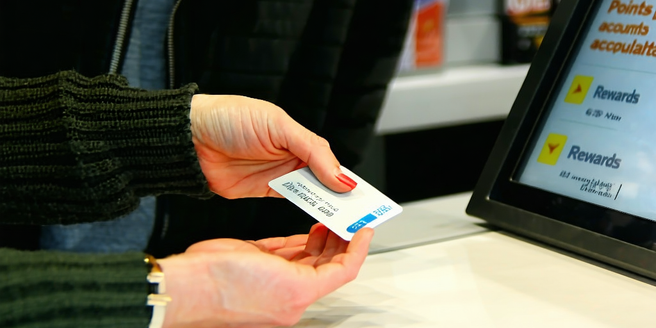Consumer Motivation And Loyalty Programs

Understanding Consumer Motivation in Retail
Gaining insight into consumer motivation is key to thriving in the retail space. Consumers are often driven by a complex mix of emotional and rational factors. Retailers need to tap into these motivations by understanding what their consumers truly value—be it convenience, price, or personal connection. This understanding can give businesses a competitive edge in a crowded marketplace. Market research and customer feedback are vital tools in uncovering these drivers. Retailers can then personalize marketing strategies and create experiences that resonate on a deeper level, ultimately influencing buying decisions. Comprehending these motivations allows retailers to align their offerings, ensuring enhanced customer satisfaction and loyalty.
Key Components of Successful Loyalty Programs
A successful loyalty program consists of various components that work in harmony. Clarity of rewards is crucial; customers must clearly understand what they gain. Flexibility in using points increases program attractiveness while personalized rewards elevate customer satisfaction. It is important for organizations to continuously innovate and adapt their loyalty strategies to meet evolving consumer demands. Simplicity in program execution encourages higher participation rates. Furthermore, aligning loyalty initiatives with brand identity fosters greater emotional connection with consumers. Integration of digital platforms offers ease of access and engagement, ensuring the program resonates with tech-savvy shoppers. Finally, regular program analysis and updates keep it competitive and relevant in an ever-evolving market landscape.
Behavioral Psychology: Driving Consumer Decisions
Behavioral psychology plays a significant role in shaping consumer choices. Subtle triggers, like scarcity and social proof, can heavily influence decisions. Retailers harness the power of psychology by creating environments that nudge consumers toward certain behaviors. Techniques such as urgency driven by time-limited offers or exclusivity of premium memberships capitalize on psychological principles. Many successful companies have turned to behavioral psychology to enhance their sales and customer satisfaction. Anchoring tactics such as comparing prices also dramatically impact purchase decisions. By understanding cognitive biases and psychological stimuli, retailers craft strategies that effectively guide consumers. Overall, leveraging psychology appeals to subconscious influences, optimizing the consumer journey and boosting engagement.
Case Studies: Successful Loyalty Initiatives
Reviewing case studies of effective loyalty initiatives unveils strategies that resonate with consumers. Brands like Starbucks and Sephora have mastered the art by offering personalized rewards and experiences. Starbucks integrates digital technology with its mobile app, empowering seamless transactions and tailored offerings. By constantly updating their technology, they ensure a smooth and engaging user experience. Sephora utilizes a tiered program that rewards diverse levels of customer engagement, creating a sense of progression and exclusivity. These giants illustrate the impact of innovative approaches, such as gamified experiences or collaborative rewards, in elevating customer loyalty. Analyzing these case studies provides valuable insights into crafting successful loyalty programs.
Digital Transformation: Loyalty Programs Today
Digital transformation reshapes loyalty programs, bridging convenience with personalized engagement. The integration of mobile apps and platforms allows seamless access to rewards, enhancing customer interactions. Real-time data collection and analysis enable businesses to tailor offers, optimizing relevance and timing. Furthermore, businesses are now exploring blockchain technology to add security and transparency to loyalty systems. Gamification introduces fun elements, driving interaction levels. AI and machine learning advancements mean more predictive marketing strategies, offering tailored recommendations that resonate with individual preferences. As consumers become more digitally inclined, successful loyalty programs leverage digital tools, making connections easier, and fostering deeper, lasting relationships between brands and consumers.
Future Trends in Consumer Loyalty Strategies
As we look forward, consumer loyalty strategies are evolving with upcoming trends. Personalization will become more precise, driven by big data analytics and AI. Omnichannel loyalty programs will offer seamless transitions across platforms, enhancing customer experiences. Sustainability is also gaining traction, with eco-friendly programs aligning with consumer values. Tokenization and blockchain technology are being explored to offer more secure and transparent systems. Social commerce integration will enable loyalty programs to tap into social networks, fostering community-driven engagement. These trends will shape the future of how brands build and sustain consumer loyalty in the digital era.